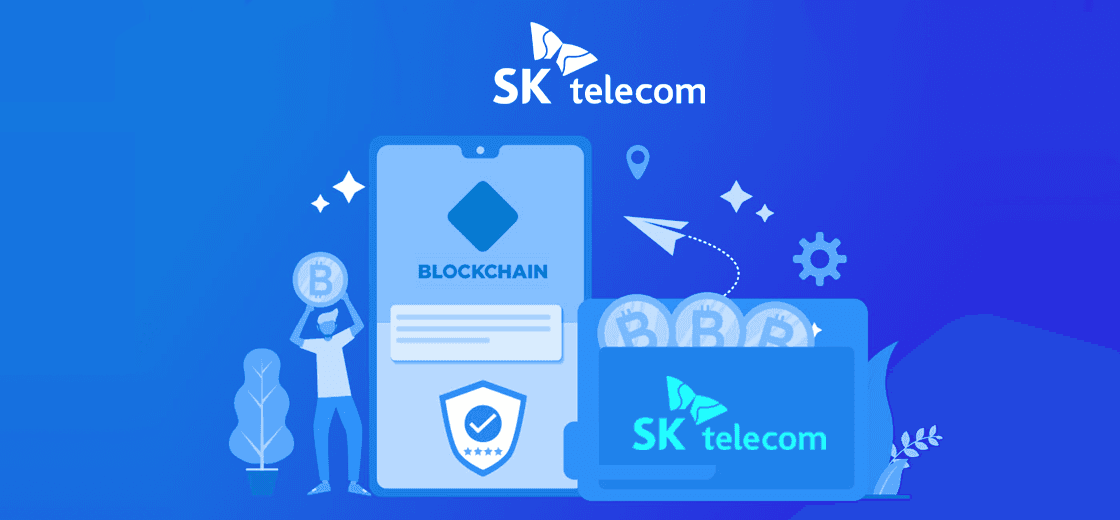Oct 27, 2020
by Jafrin Ahmed
SK Telecom Launches Blockchain Wallet For Storing Digital Documents
Jafrin is a cryptocurrency journalist/researcher fascinated by the world of decentralization. She is hopeful towards blockchain’s innovation and its potential to reshape the world for good. Currently, she is bringing out the best of cryptosphere via covering the latest ins and outs of the blockchain space.
